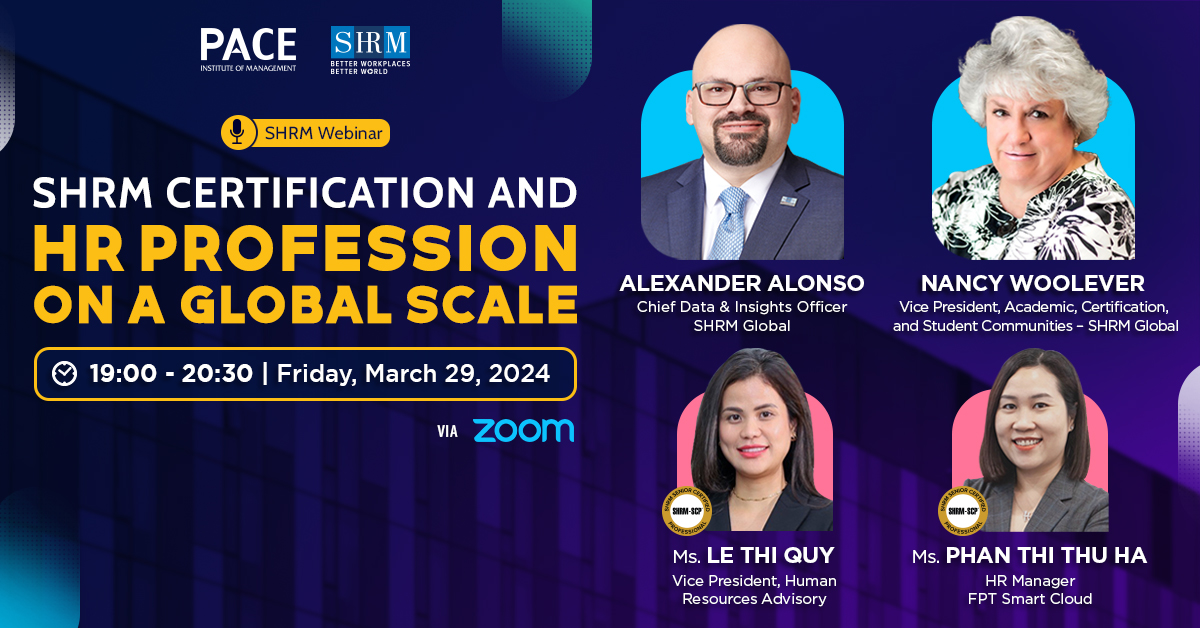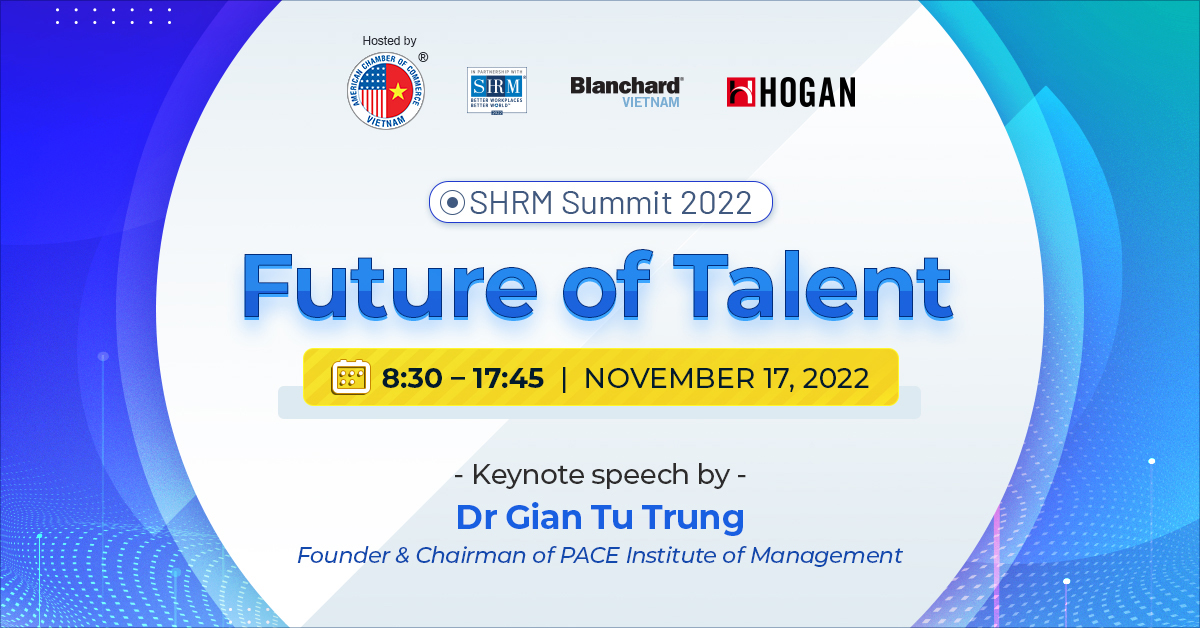5 PRACTICAL WAYS TO HIRE MIGRANT TALENTS
On the other side of the globe, Hamdi Ulukaya, originally from Turkey, was raised in a dairy-farming family in a small village in eastern Turkey. After moving to America, he built a company under the name Chobani, a yogurt brand. He founded and developed the business since 2005 and now has about 2,000 employees on board. He is a pioneer for the natural food movement based in New Berlin, New York.
And you must be familiar with Elon Musk, originally from South Africa. Elon moved to Tesla in Palo Alto, California in 1989. He then built his Tesla Company until today. Being successful in country of foreigners, Elon, the founder of Tesla, now working with more than 18,000 employees in 2002.

The three figures mentioned above are only a handful example of migrants who are successful in foreign countries. They are immigrants who tried their luck and enjoyed the fruits of their hard work. In our recent article, we have mentioned reasons why immigrants helps business grow and why immigrant-founded business are likely to be more successful than native-founded business. It is mentioned in the article that immigrants can easily adapt to change and have growth mindset. These skills are needed to make a company more competitive. There are also something inherently entrepreneurial about leaving home to start a new life in the destination country. In fact, migrants are likely giving big impact both in business and workforce.
If you are interested to bring in migrant talents to your workplace, you should know the strategy in order to hire the right talents who are adaptive as well as having growth mindset and cross-cultural experiences. Here are five practical ways to select the right migrant employees taken from HBR.
#1 Invest in mobility and immigration expertise
Before hiring skilled foreign workers, it is crucial to make sure that your legal team can support you with the ability to advice on specific migration matters. It is needed because candidates often require additional support to ensure compliance with laws and regulations such as visas or work requirements.
#2 Add international or cross-cultural experience to your recruiting priorities
Explain your priorities to the recruitment team can help you add international experience as a desired quality when seeking for new hires. You can also tell them to look for people who were born in your home country, but spent good part living abroad or other cross-cultural experience.

#3 Flag people who know multiple languages
Identifying that someone comes to your country from another only from looking at their resume is rather tricky, especially if they obtain good higher education. You might want to consider to use LinkedIn. It enables you to filter by language to quickly find people with international experience. Also, adding language expertise to your existing systems can help you identify employee who might have the experience needed easier.
#4 Keep an eye out for candidates with an adaptive mindset
You do not need to be an immigrant to demonstrate every quality that successful immigrants have. You can consider hiring employees who do not shy away from change and have track record of choosing foreign over familiar matters. Look for people with major career pivots who have overcome unusual challenges, or show signs of willingness to explore uncharted territory.
#5 Encourage employees to obtain international experience
If your company has branch offices outside your home country, you can consider providing incentives for employees to spend more time in those offices. Nothing can replace the value of living and working in another country. In other word, it can also help your immigrant employees contribute more in meaningful way to your business, especially if international business is a key part of your overall global growth.
SOURCE: HRINASIA
|
Training Program
Internationalize the human resource management capabilities of HR professionals in Vietnam
|










